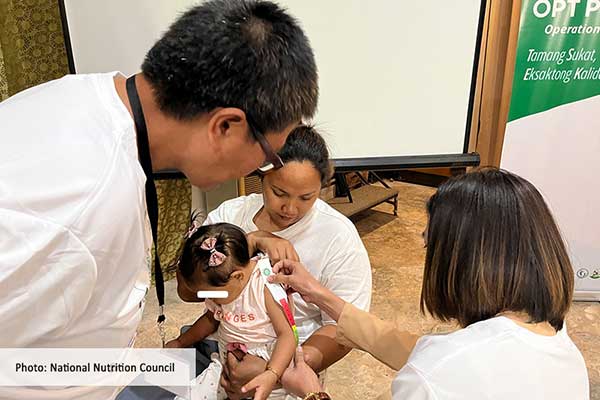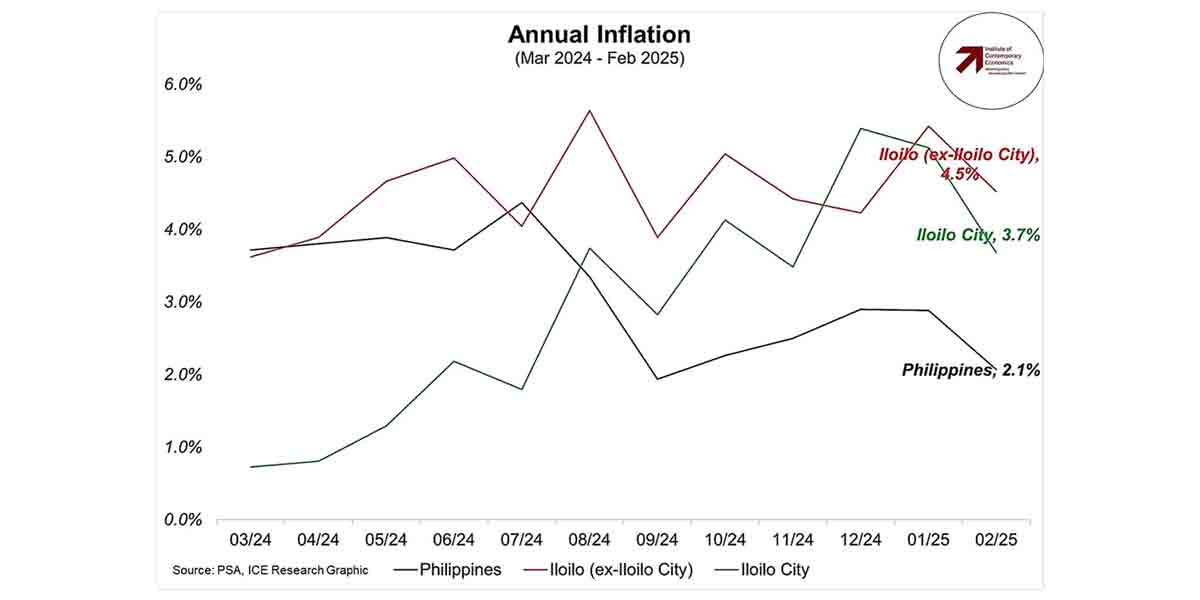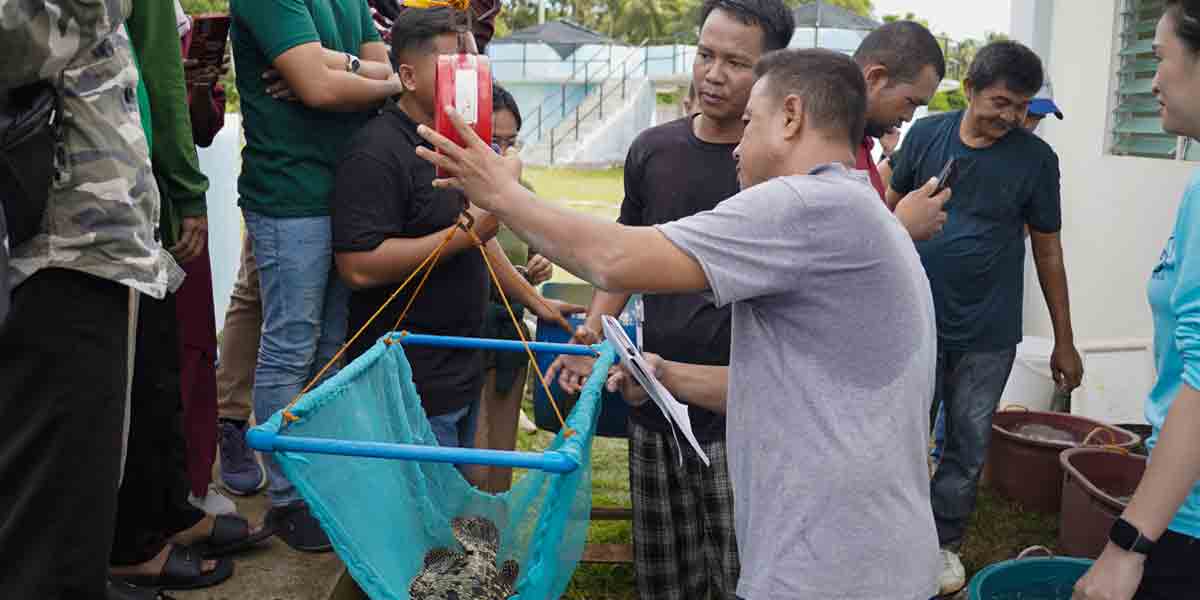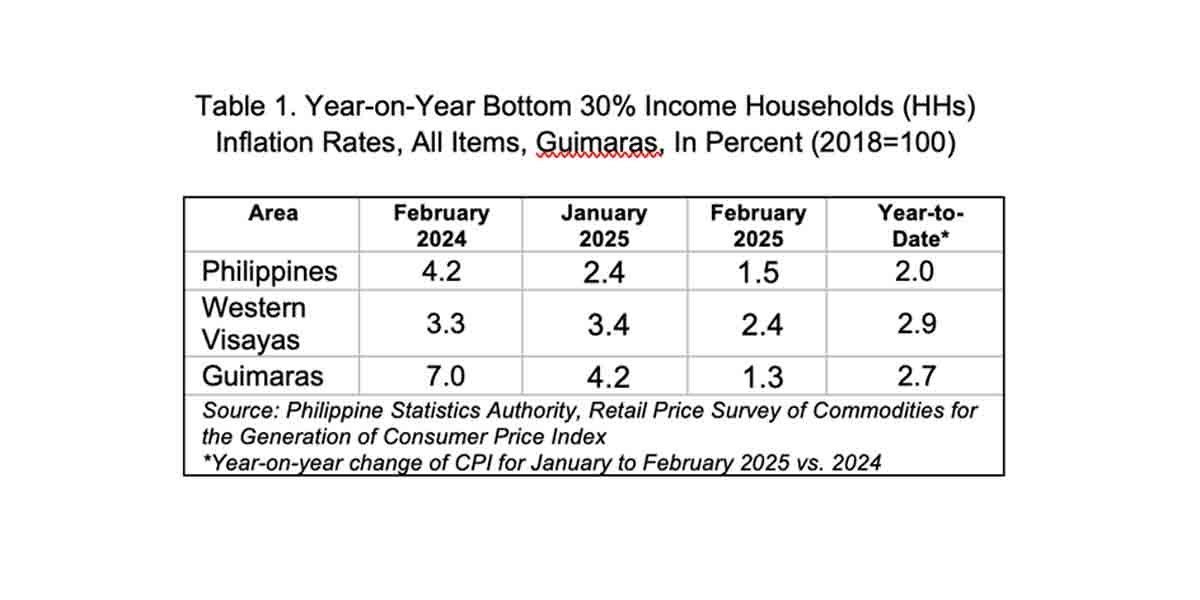
Malnutrition hampers children’s physical and mental development, negatively impacting their quality of life, productivity, and participation in society. Despite frameworks like the Philippine Plan of Action for Nutrition (PPAN) and the Philippine Development Plan, addressing malnutrition remains a significant challenge in the Philippines.
This issue was the focus of a recent webinar discussing the Philippine Institute for Development Studies (PIDS) report, “Tracking Nutrition Investments: Proposed Nutrition Budget Tagging (NBT) Framework and Typology for the National Government Agencies in the Philippines.” Authored by Lyle Daryll Casas, Dr. Valerie Ulep, and Joy Bagas, the study introduced a systematic approach to monitoring nutrition spending across sectors.
Casas noted the absence of an institutionalized system to monitor health and nutrition expenditures at both local and national levels. This gap leaves critical policy questions unanswered, such as whether funds are allocated to cost-effective interventions.
“A systematic and efficient tracking system is essential for obtaining reliable data on nutrition spending,” Casas said. “This enables evidence-based decision-making, prioritizing resources, and promoting transparency and accountability among government agencies.”
The proposed framework aligns with the PPAN and focuses on tracking nutrition investments across sectors to address malnutrition effectively.
The NBT framework categorizes expenditures using five levels, ranging from broad intervention classifications to specific demographics and malnutrition risk factors. Key steps include preparing financial data, tagging expenditures, and analyzing information to produce actionable reports. These reports aim to guide policymakers, program managers, and the public.
The researchers recommended institutionalizing the system, with the National Nutrition Council (NNC) leading the effort. “Capacity-building activities are necessary to ensure data accuracy and the framework’s effective implementation,” Casas added.
Alice Nkoroi, UNICEF’s Nutrition Manager, praised the framework’s comprehensive approach to addressing the multifaceted nature of malnutrition. She emphasized the need for national and subnational ministries of nutrition to align budgets, expenditures, and resources for long-term solutions.
Nkoroi highlighted UNICEF’s support for public finance management for children, aligned with the Philippine Development Plan. “Harmonizing nutrition resource tracking at all levels is a major investment. Starting small and scaling gradually could be a practical approach,” she said. UNICEF plans to collaborate with government agencies to pilot and expand these resource-tracking tools.
As PIDS researchers advocate for institutionalizing the NBT framework, their study underscores the need for evidence-based resource allocation to combat malnutrition. By tracking nutrition investments efficiently and transparently, the framework could strengthen the Philippines’ efforts to improve the health and well-being of its population.






















